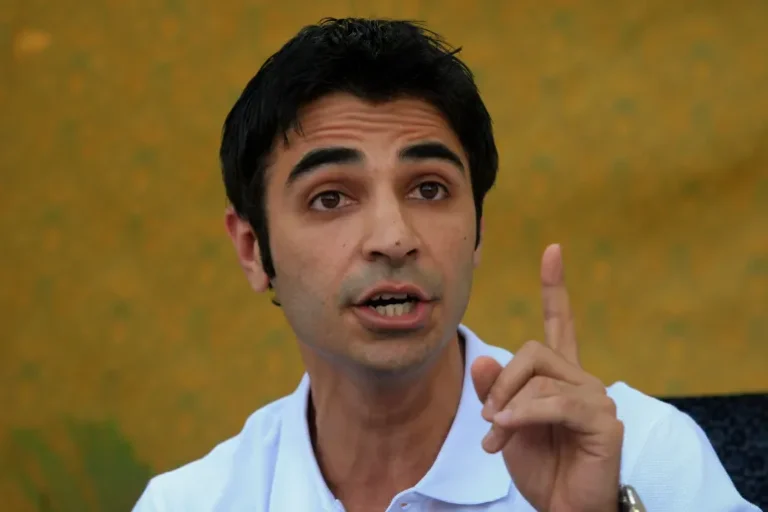Salman Butt has been withdrawn a day after his much-criticised appointment as selection consultant for the Pakistan Cricket Board.
Cricket authorities in Pakistan have withdrawn spot-fixing convicted former captain Salman Butt from a consultancy role a day after his appointment was announced, following criticism from the media, fans and cricket experts.
Butt, along with former players Kamran Akmal and Rao Iftikhar Anjum, was appointed as a consultant for the men’s national team, according to a Pakistan Cricket Board (PCB) statement on Friday. However, Butt was withdrawn from the position a day later in a hastily-called press conference by chief selector Wahab Riaz.
“I am reverting the decision to hire Salman as we are friends and I have been accused of nepotism in appointing him,” Riaz told reporters at PCB’s headquarters in Lahore on Saturday evening.
“As chief selector, it is up to me whom I want to hire to help me so I hired him [Butt] as he has knowledge of domestic cricket and possesses a good cricketing mind, but there has been a great deal of debate since the decision was announced,” Riaz said.
“I have told Salman he can’t be a part of my team,” he added.
The PCB turned down Al Jazeera’s request for a comment on Butt’s appointment after his role in the sport’s arguably biggest corruption scandal.
Butt was the central character in a spot-fixing scandal that sent shock waves through the cricket world in September 2010 when a British tabloid’s undercover recording unveiled sports agent Mazhar Majeed boasting of how he could arrange for players to rig games for money.
Then Pakistan captain Butt and his then teammates Mohammad Asif and Mohammad Amir were found guilty of corruption as Pakistan bowled deliberate no-balls during a Test match against England at Lord’s in 2010.
Butt spent seven months of a two-and-a-half-year term at Canterbury prison in southeast England, while Asif and Amir served half of their one-year and six-month terms, respectively.
The opening batter, who played 33 Tests, 78 one-day internationals and 24 Twenty20s, also served a five-year ban from playing the game.
After completing the ban, he returned to play domestic and franchise cricket in Pakistan. The 39-year-old also makes regular stints as a cricket commentator and pundit.
‘Absolutely diabolical’
The move to appoint Butt led to widespread criticism amongst Pakistan cricket fans and experts, who urged the board to remove him immediately.
Cricket writer Kamran Abbasi termed the decision “absolutely diabolical” and called for Riaz to resign from his position as chief selector in a post on X.
Fans said handing Butt a role that would directly affect the selection of the national team was a “despicable decision” and “abhorrent move” that would hurt the credibility of the board.
“An individual’s past involvement in corruption makes it challenging for stakeholders, players, and sponsors to trust their decisions or actions,” Pakistan fan Zainub Razvi wrote in a post on X.
Cricket commentator Aatif Nawaz said despite Butt’s knowledge of the game, he must be kept away from the current players given the “crime for which he was convicted”.
Wholesale changes
The PCB has made a flurry of changes since Pakistan was knocked out of last month’s Cricket World Cup in India following a poor run of results.
Babar Azam stepped down from captaincy of the team in all three formats of the game, and was replaced by opening batter Shan Masood in Test cricket and Shaheen Shah Afridi in T20s.
Head coach Grant Bradburn, team director Mickey Arthur and batting coach Andrew Puttick were all relieved of their roles, while bowling coach Morne Morkel stepped down after the World Cup.
Former captain and all-rounder Mohammad Hafeez took over the role of team director, and former Pakistan bowlers Umar Gul and Saeed Ajmal are also part of the new-look support staff as bowling coaches.
The board’s top management has also changed hands frequently over the past few years. Current PCB Chairman Zaka Ashraf returned to the helm after a gap of 10 years, replacing former chief Najam Sethi, who held the position for six months.
Pakistan’s men’s team returns to action with a three-match Test series in Australia, starting December 14.


